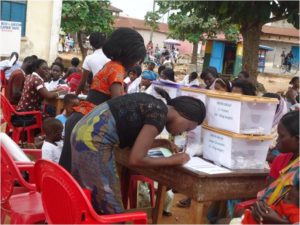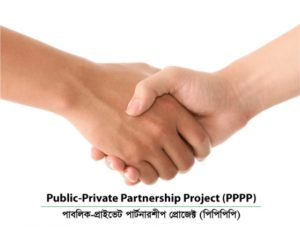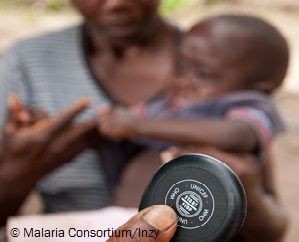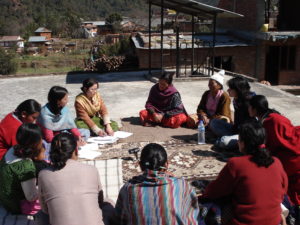COMDIS-HSD partners active players at 12th International Conference on Urban Health
COMDIS-HSD partners joined urban health experts from across the world at the 12th International Conference on Urban Health (ICUH) held in Dhaka, Bangladesh in May.
Playing an active role across the 4-day event, our Nepal partners, HERD and Bangladesh partners, ARK Foundation, gave detailed presentations on their ongoing research in the urban health field.
HERD presented some key issues from its Urban Health Project aimed at supporting the government to develop an urban health policy and strategy in Nepal. These included the need for clear evidence about the extent of urban poverty and the needs of the urban poor.
Following an in-depth exploration of the urban policy development process in Nepal by HERD senior research officer, Sudeepa Khanal, her colleague and HERD programme manager, Hom Nath Subedi, contributed to a detailed Q&A session answering questions from the floor about their experiences so far in developing the strategy.
ARK research associate, Farid Ahmed, gave a presentation on the rationale behind their current study on Public-Private Partnerships (PPPs) to improve access to family planning services in Bangladesh. Specifically, the presentation focused on using the PPP model to increase access among the urban poor to Long-Acting Reversible Contraceptive (LARC)..
ARK also presented on the limitations of existing household surveys in identifying the health needs of the poorest urban dwellers. In the presentation ARK volunteer Ru-Yi Lin illustrated how samples used in existing surveys are skewed towards the wealthiest urban residents.
Solutions to these challenges, such as new sampling and mapping techniques, were presented by Dana Thomson (Harvard Medical School), and HERD’s Uden Maharjan presented on the use of these techniques in Kathmandu in the initial phases of HERD’s urban household survey.
The conference, the first ICUH to be hosted in Asia, acknowledged that cities are drivers of national development. Delegates used their joint concluding statement to agree that the health of people in cities should be a central concern in sustainable development, pointing specifically to the need for capacity building, applied research and stronger governance for urban health.
Currently more than half the world’s population lives in cities and by 2050 it is estimated that 70% of the world’s population will be urban dwellers. While this presents challenges for all countries, delegates emphasised that the pace and scale of urbanisation is now most rapid in low and middle-income countries.
Read more about our partners’ reflections on ICUH 2015.











